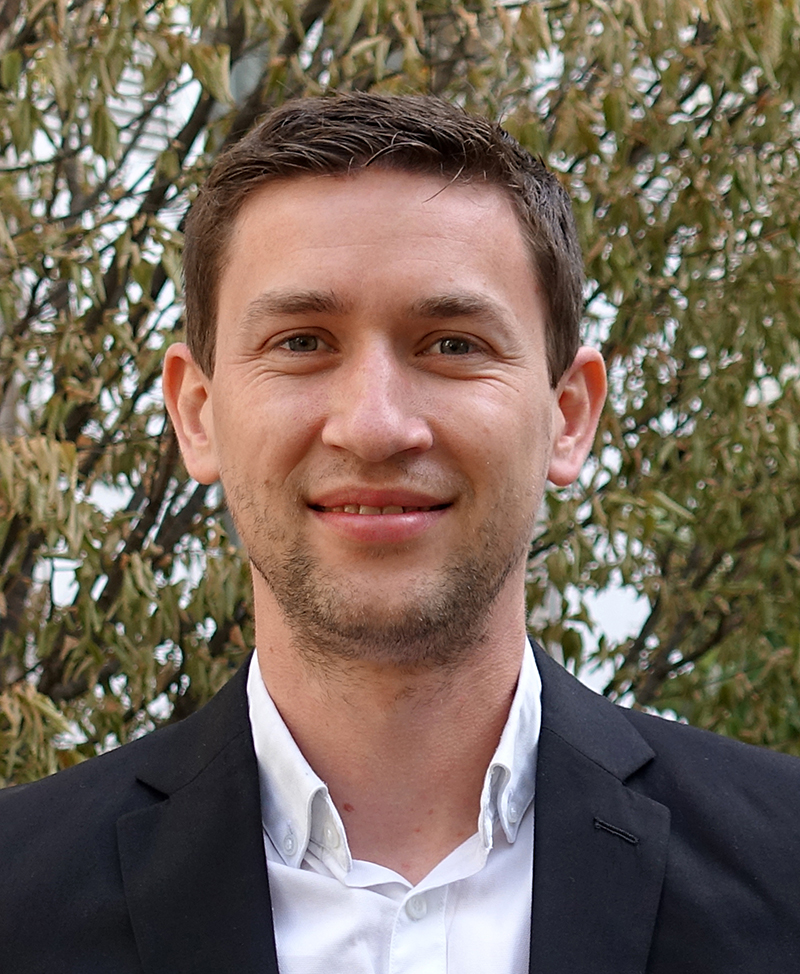Interview with Sidney Lambert-Lalitte, new Program Supervisor

IFP School’s Petroleum Economics and Management program (PEM) is evolving to become the Energy Technology Economics and Management program (ETEM). Sidney Lambert-Lalitte takes over from Arash Farnoosh as Program Supervisor. He tells us about the change.
1. Why has the program been renamed?
This new name more closely reflects the way the program has evolved.
Significant changes have been taking place in the energy sector and we regularly adapt our teaching provision to keep pace with technological advances and address the expectations of both society and industry.
For example, while a few years ago the program focused primarily on oil, today it covers the entire energy chain: gas, electricity and renewable energies. We also look at the decarbonization and digitalization of the energy sector.
2. What are the main features of the ETEM program?
This program delivers multidisciplinary modules covering energy technologies, industries and markets. It is structured around three broad components: energy, economics and management, as well as quantitative tools. It focuses on the major economic challenges facing the energy sector.
ETEM is also supported by numerous academic partnerships with prestigious institutions.
Taught entirely in English and lasting 16 months, this program is open to graduates with 5 years of higher education or 4 years of higher education (program linked to the School through an agreement, or with an American-type Bachelor of Science degree). On average, the number of students per intake varies between 35 and 40. They come from around 20 countries.
The program is also available to students as a dual degree option with Colorado School of Mines, University of Oklahoma, Texas A&M University and Gubkin University. Our students can also opt to spend a trimester in Brazil, China, France, the UK or Russia. Students following this option graduate with a single IFP School degree.
In terms of employment, our graduates go on to work in broad range of professions: energy sector analyst, project economist, trader, consultant, etc.
3. What are your ambitions for the program?
As already mentioned, the program content has already evolved significantly, and the name change is designed to reflect this. But it also gives us the opportunity to go further still and integrate additional modules linked to the most recent changes in the energy sector.
We are going to cover technical and economic aspects in the electricity and renewable energy sectors in greater depth, as well as develop our students’ expertise in areas as varied as hydrogen, digitalization and energy system modeling.
This program will also retain one of its strengths: the possibility for students to design their own learning experience (both at the academic partner and IFP School), by choosing up to 80% of elective modules, in order to develop expertise adapted to their career objectives.
4. What can you tell us about the next ETEM intake?
The first ETEM student intake will start the program in January 2023. The final PEM program intake will begin their course in January 2022. This intake will be made up of 41 students - 26 men and 15 women - from 17 countries (Belgium, Brazil, Cameroon, China, France, Germany, Ivory Coast, Malaysia, Mauritania, Mexico, Morocco, Mozambique, Senegal, Tanzania, Tunisia, Venezuela, Zambia).
Interview conducted by: Meyling Siu